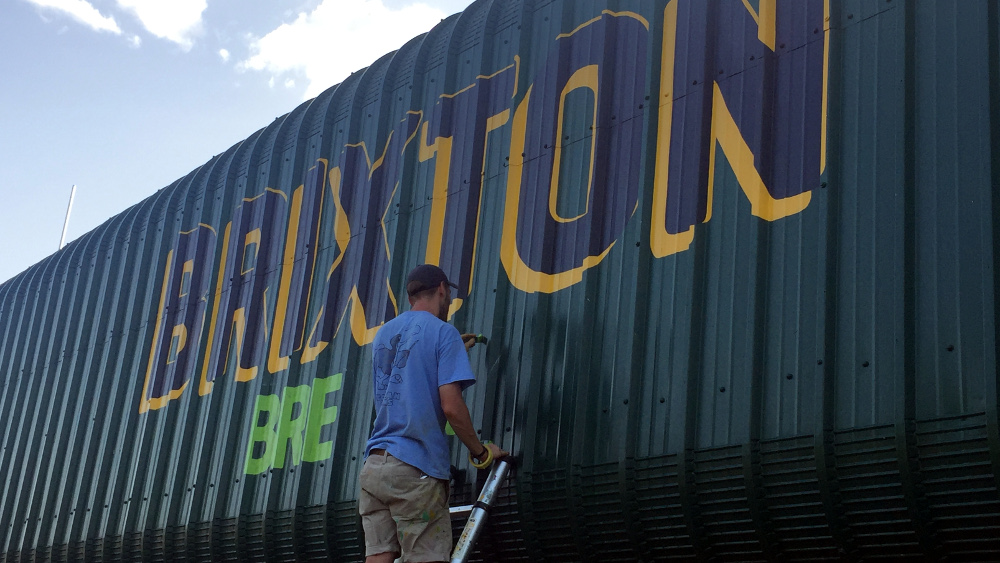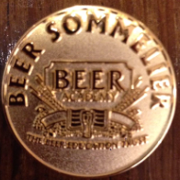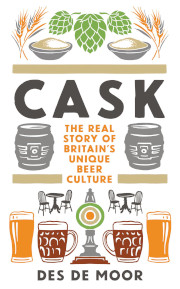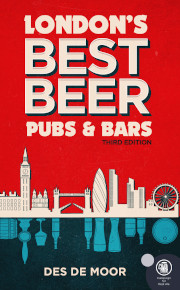
London’s Best Beer, the book that chronicled the seemingly unstoppable expansion of beer and brewing in the UK’s capital, will soon be back for a third edition. I’m just starting work on completely revising and updating this award-winning guide from CAMRA Books for publication in February 2020, almost five years after the last edition in July 2015.
The first edition in 2011 appeared at a time when there was much excitement among London beer lovers but still only 13 breweries – nonetheless a welcome increase on 2006 when the closure of Young’s had left the city with only nine. I doubt anyone could then have guessed that when the next edition appeared in 2015, I’d have to rejig the format to accommodate details of 70 breweries.

The number has continued to grow since, though at a reduced rate. The ever-reliable Jezza of the Beer Guide London website puts the current total at 120, and I expect a modest increase on this figure by the time the book goes to the printers. They include some really good small and independent producers, like Affinity, pictured left. Encouragingly, only a few have closed, most of them either very small or brewpubs who decided it wasn’t worth the bother. More significant have been the many expansions.
With the threat of a no-deal Brexit in a month’s time, there’s always the possibility that economic catastrophe will torpedo further growth – but brewing has already demonstrated its capacity to expand in difficult circumstances, and the preference for the affordable luxury of good local beer now seems embedded in London’s culture.
For proof of this, look no further than the way the multinational brewing groups have voted with their chequebooks over the past few years. When I finished work on the copy for the last edition, every London brewery was independently-owned except for the Stag in Mortlake, which AB InBev was in the process of closing. Then, just as the guide went to press in May 2015, came the news that SAB-Miller had bought Meantime.
Today, following the dramatic announcement last month that Fuller’s was selling its brewing interests to Asahi and concentrating on pubs, the five biggest London breweries are owned or part-owned by multinationals. Asahi also ended up with Meantime following the breakup of SAB-Miller while fellow Japanese giant Kirin owns Fourpure through its Lion subsidiary. Beavertown is near-50% owned by Heineken, enabling a major expansion to what will potentially be London’s biggest brewery in Ponders End – just up the River Lee Navigation from AB InBev-owned Camden Town. The Dutch brewer has also financed a major expansion for Brixton brewery while Carlsberg now owns London Fields in a joint venture with Brooklyn.
So far, all these new subsidiaries have kept their distinctive identities and management teams: unlike in the post-war decades when big breweries swallowed smaller ones primarily for their pub estates, the multinationals are after credible brands and businesses that can respond more flexibly to the demands of a new generation of drinkers. But the megabrewers still have the power to restrict access to market for the independents and, ultimately, are more interested in shareholder dividends than the quality of their beer.
And there’s reason to be particularly concerned about Fuller’s, now London’s only remaining heritage brewery with roots stretching back to the 17th century – every other one of those 120 is a 21st century creation. Asahi says it will continue to brew at the historic Griffin brewery on Chiswick Mall, but as this is squeezed between the river Thames and the A4 right next to one of London’s prettiest ‘villages’, someone must have worked out quite how much it would be worth as a prestige redevelopment site.
The positive side of this for beer drinkers is the normalisation of ‘craft’ beer in London. We can now expect to see at least a few decent, and usually locally-brewed, beers at any new bar or informal restaurant, which means I’ll have the raise the standards for non-brewing outlets higher still to keep the book within reasonable proportions. Interestingly, the traditional pub sector, once seen as the natural home of good beer, is increasingly lagging behind thanks to the dominance of tied houses and chains.
So I’m now looking forward once again to several hard-working but rewarding months visiting as many pubs, bars, shops and breweries as I can: my ‘long list’ rather dauntingly exceeds 700. If you think you can add to that, you’ll find a suggestion form and guidance on the London’s Best Beer page.
My mission remains to provide the complete and indispensable guide to great beer in London, and to celebrate the city’s contemporary brewing scene and its brewing heritage. Previous editions have been described by reviewers as “probably the best book about beer in London” and a “detailed and accessible treasure chest of information”. I hope you’ll agree that I’ve kept to those standards when the book appears a year from now.





Good luck and God speed! London’s Best Beer has been an indispensable guide to all things London and beer – still haven’t managed to tick off all the Top 25 pubs though, for shame. Can’t wait for the new edition.
[…] http://desdemoor.co.uk/londons-best-beer-trebles-all-round/ […]
Hi Des,
If you are venturing into the square mile and fancy a pint, let me know!
In the meantime – good luck!
Martin